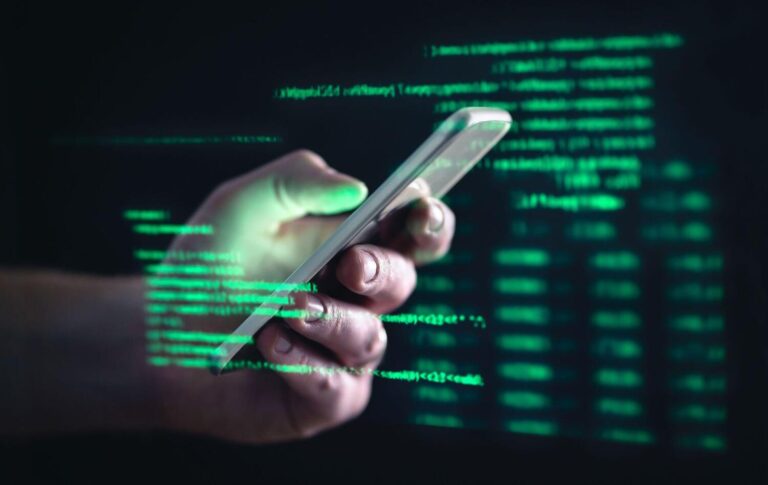Cybersecurity experts in Dubai emphasize that strict adherence to copyright is crucial for protection against hackers.
Last month, an Indian artist who covers popular songs faced a copyright strike for using protected content. After Meta suspended his account, he received ransom demands on Telegram and WhatsApp, asking for Bitcoin payments.
In another case, hackers targeted an Arab travel and food blogger for showing travel brands in his videos. They used AI to report over 20 videos containing brand logos. Although a legal team contacted Meta, it took three days to recover the account. By then, hackers had also compromised his other social media accounts, resulting in a loss of nearly one million followers.
“Hackers are always innovating ways for extortion. In the last four years, they have become more tech-savvy and are now using AI and deep fake cloning to infringe on copyright materials and strike social media influencers and celebrities,” said Rayad Kamal Ayub, managing director of Rayad Group.
Ayub explained that using copyright takedown tactics against corporations, influencers, and celebrities in the Middle East is not new. “This trend started in 2020, but the hackers are now using more sophisticated tools like AI to identify their victims.”
Ayub noted that in early 2020, hackers targeted social media managers’ accounts, which led influencers, celebrities, and corporations to give managers only posting and deleting rights.
In the case of the Indian artist, the hackers claimed he didn’t have the copyright for the song, as stated by a music channel. Ayub said, “Performers like him don’t own rights to the lyrics or music for a song. They are allowed to perform live but not upload on social media platforms.”
Hackers allegedly used an AI-backed platform to detect minor infringements and demand ransom.
Popular Pakistani composer, singer, and lyricist Mustafa Zahid advised his peers to register their copyrights and report any infringements immediately. Zahid emphasized the importance of legal assistance in protecting intellectual property.
Ayub stressed the need for creators to self-monitor their content and adhere strictly to copyright laws. He said, “Hackers look for weak links in your content. They use deepfake/cloning content to create a plausible copyright strike on your social media accounts.”
Prominent Emirati lawyer Khalifa Abdulla Bin Huwaidan Al Ketbi advised companies, content creators, and influencers to seek legal advice and register their copyrights immediately. He also warned against paying ransoms to hackers.
Ayub recommended partnering with legitimate copyright protection agencies, which have the technical and legal expertise to monitor and enforce copyright globally. He said, “An experienced intellectual property lawyer can advise you on the best legal action and guide you through the process.”
He also suggested hiring copyright infringement detection companies that specialize in monitoring online platforms for unauthorized use of copyrighted material.
Other protective measures include watermarking images and videos, adding metadata, and educating followers about copyright and licensing agreements. Ayub said, “This can be as simple as stating, ‘Copyright Notice: All content posted on this profile is protected by copyright law. Any unauthorized use is strictly prohibited.’”
Content creators should also use reverse image search methods to find stolen content and seek legal advice when necessary. Ayub emphasized, “Monitoring the online presence of one’s works and issuing DMCA takedown notices to platforms hosting infringing content are crucial steps in protecting against infringement.”
Copyright protection is integral to the digital success of influencers, companies, and brands. Understanding and respecting copyright law is essential in the digital age, where information sharing can blur ownership lines.


